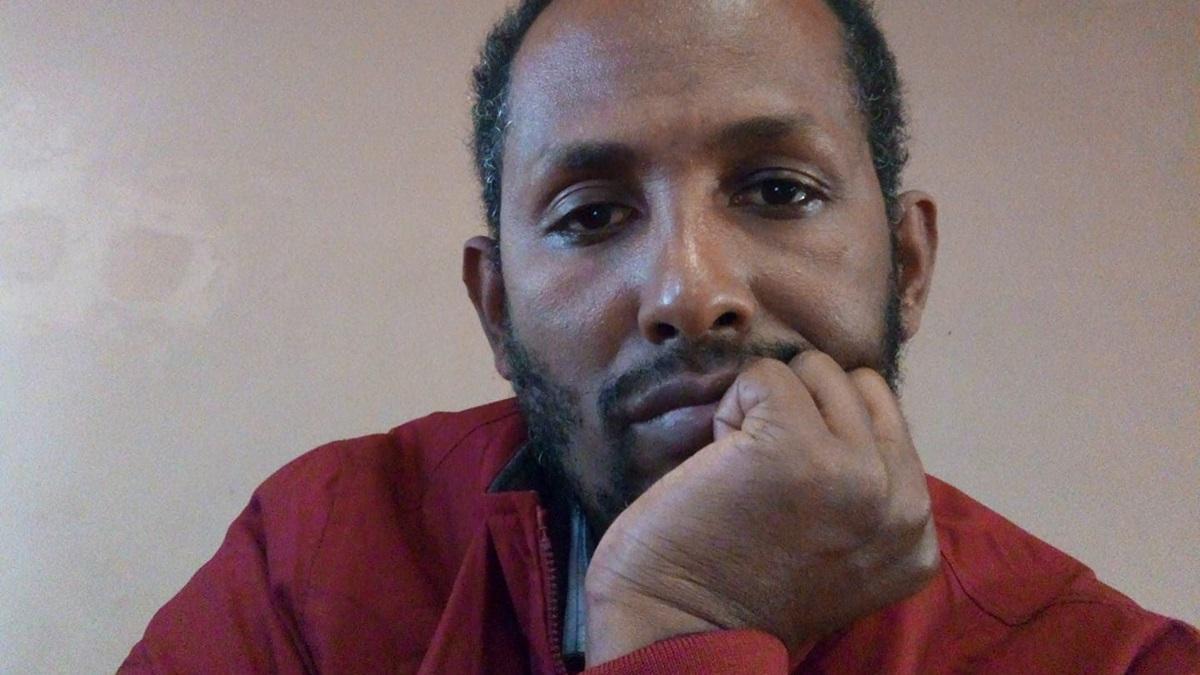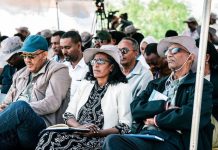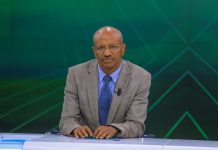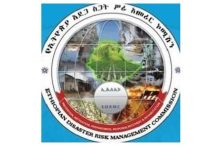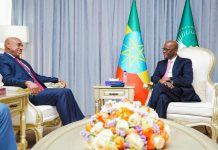By Addis standard
Africa-Press – Ethiopia. According to multiple accounts, Bate was taken out of his hotel room in his hometown Meki, in the East Shoa zone of the Oromia region, around midnight on Tuesday, 09 April 2024, and his body was found dumped by the road on the outskirts of the town the next morning.
Doctors have confirmed that the politician succumbed to multiple gunshots in the head and other parts of his body. Pictures showing the body of Bate lying on the ground at the site of his murder, widely circulating on social media, depicted his hands tied behind his back and bullet wounds can be seen on his head and around his lower back.
Family members have told the media that people who took Bate from his hotel room on Tuesday night “looked like government security forces”, alleging their potential involvement in his murder. The Oromia regional government, however, denied that security forces were involved. In a statement released late Wednesday the regional government said the politician was killed by “unidentified assailants”, adding that “the act is totally unacceptable, whoever committed it.”
In a statement contradicting the regional government, the armed group, Oromo Liberation Army (OLA) claimed that Bate was “taken from his room and executed point-blank by government security forces.”
Following his funeral procession which took place in Meki on Thursday, and amidst reports of the arrest of two of Bate’s brother Millo and his sister Simbo Urgessa, assistant commissioner Tariku Dirbaba, head of the East Shoa zone Police, announced that 13 suspects have been apprehended in connection with Bate Urgessa’s murder.
In his short-lived political career, Bate had made a name for himself as a calm, collected and articulate politician, who earned respect not only from his supporters but also his rivals. A staunch advocate of non-violent struggle, as he was, his killing and, even more, the circumstances surrounding his murder sent shockwaves across the country, leaving many perplexed as to how his civility was paid back in such a brutal act of violence.
In a sentiment shared widely, prominent politician Jawar Mohammed posited that Bate’s “cruel cold-blooded assassination is not just a killing of a prominent political leader, it is an assault on decency, civility, and moderation in our politics.”
“Batte was one of the few political figures who remained cool-headed and committed to nonviolence at a time when many succumbed to war-mongering and extremism. Despite being subjected to repeated imprisonment and torture, he resisted the politics of revenge,” Jawar wrote on Facebook.
Calls for investigation amid grim prospects Bate’s murder evidenced the persistently increasing assassination of political and cultural figures, which became the house rule in Ethiopia’s political game over the recent years, triggering calls for investigation and accountability measures from local and international players.
The first of such calls came from the national rights watch-dog, the Ethiopian Human Rights Commission (EHRC) that called for a prompt, impartial, and full investigation by both the Oromia region and federal authorities to hold perpetrators to account.
Bate Urgessa’s party, the Oromo Liberation Front (OLF) demanded an immediate neutral and impartial investigation into a “brutal murder” of its political officer. “Unwarranted and extrajudicial killing of conscious and active Oromo political and cultural figures has been a systematic and irresponsible act of silencing the Oromo throughout years and decades,” the OLF said.
Joining the calls and urging “a full investigation into the killing of Bate Urgessa”, the US in a short statement released through the State Department’s Bureau of African Affairs, underscored that “justice and accountability are critical for breaking the cycle of violence” in Ethiopia.
Furthermore, in a statement issued late on Wednesday, US Senator Ben Cardin, Chair of the Senate Foreign Relations Committee, urged Ethiopian authorities to allow “a credible, neutral international body to conduct a thorough investigation” into the circumstances of Bate Urgessa’s killing.
The senator criticized the Ethiopian government’s actions against political opposition figures, media personnel, and dissenting voices, stating these measures have contributed to insecurity and instability in the country.
“Extrajudicial killings, harassment, and political repression have, for far too long, been commonplace in Oromia. The Abiy regime has clamped down on political opposition, the media, and dissidents not only in Oromia but throughout Ethiopia, contributing to the country’s widespread insecurity and overall instability. It is past time for those responsible for the policy of repression and abuse to be exposed and held accountable for their actions,” Cardin added in his statement.
The EU and UK ambassadors to Ethiopia among others have also echoed EHRC’s call for a prompt, impartial and full investigation to hold perpetrators to account, stipulating not only the dire consequences of the dearth of accountability but also the significant blow such incidents cause to the values of respect, peaceful discourse, and tolerance within the political arena.
Nonetheless, the prospects for impartial and independent probe and subsequent justice and accountability measures appear to be grim.
“Up on our fresh memory of the killing of the renowned and beloved iconic Oromo artist Hachaluu Hudeessa, we again, as people, are experiencing another tragic death of our eloquent, selfless, and brave Oromo soul, Bate Urgessa,” reads the OLF statement.
“Hachalu, his family and the Oromo people have not yet got justice, and his killers were not brought to the impartial court of law. The Oromo people are waiting for this to happen,” the party said, casting uncertainty whether justice would prevail in Bate’s case.
Jawar is of the same opinion. “It would have been proper for us to demand an independent and impartial investigation to establish the facts and render justice for Bate and his little kids. But we all know that is not going to happen as evidenced by several such assassinations of the last few years that remain unresolved,” he wrote.
“So I am not going to add insult to injury.”
Bate – A teacher turned politician Born in 1979 in Bakale Girisa village, Dugda district of East Shoa zone in the Oromia regional state, Bate attended his primary education at Bakale primary school between 1989 and 1992 and moved to Meki town for junior secondary and high school levels. He went to Bahir Dar University and graduated with a BSc in biology in 2005.
He then began a career as a teacher at Don Bosko Batu Secondary School. Having earned a BA in Economics from Wollega University and an MBA in Agro-economics from Arsi University in 2013, he worked as a banker with the state-owned Commercial Bank of Ethiopia.
Bate’s active involvement in politics began in the early 2000s through student movements against the EPRDF-led government, with clandestine ties to the OLF. He actively participated in the Oromo Protests movement that forced former PM Hailemariam Dessalegn to resign, ushering in the reign of PM Abiy Ahmed. He was severely injured during one of the protest rallies in August 2016 and was hospitalized for months.
Bate officially joined the OLF in 2018 as a finance officer and later served as interim party public relations head following the mass imprisonment of senior OLF leaders. His role as interim PR head opened up doors for Bate to reinvigorate the party’s relations with the media and advocate for his imprisoned comrades, which didn’t go well with the authorities and resulted in his arrest in March 2021.
He spent a year in detention during which he faced harrowing torture and encountered a serious health issue that led to his release in March 2022. Most recently, on 06 March 2024, he was released from prison on 100,000 birr bail after being detained for two weeks accused of “conspiring with two armed groups, the OLA-Shene and the Fano militia, to incite unrest in the capital” alongside French journalist Antoine Galindo.
According to family members, Bate traveled from his residence in Addis Abeba to his hometown of Meki, where he owned a farm, a few days prior to his tragic and brutal murder.
Bate Urgessa is survived by his widow Sintayehu Anbessie and four children, three daughters, and a son. AS
Source: Addis Standard
For More News And Analysis About Ethiopia Follow Africa-Press

